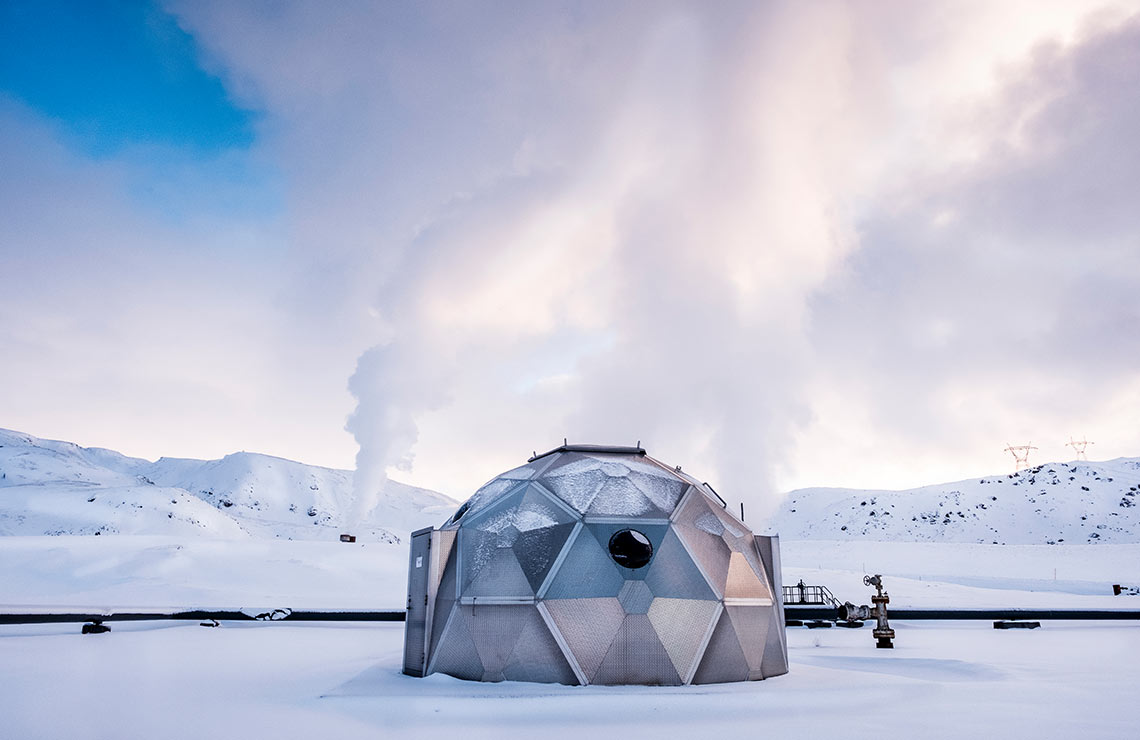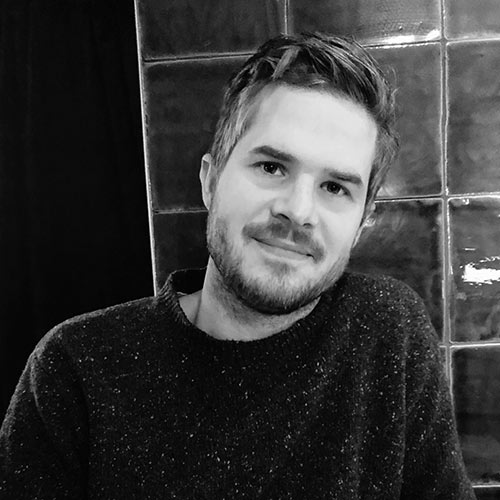
Resilience is the new black
Enabling consumption and improving people’s lives have been the driving force for technological advances for the past decades. Now environmental and societal perspectives need to be added. A resilient mindset will enable us to find opportunities ahead and set new sustainability agendas.
Human practices have always been about taming environmental and societal forces. We are programmed to believe that we can control and optimize everything and, if we do not succeed, we just need to push harder. Companies reflect people’s values, and the conviction of controlling and optimizing is very clear when looking at business practices in the past. During the past decades the hegemony has resulted in exponential growth of the global economy, but also short-termism that has led to irreversible negative consequences for the planet, people and in the long run maybe also for the companies themselves.
Short-time optimization
There are some clear examples; the fishing industry has exploited marine resources for decades with good financial results, but now this practice has led to poor life below water, poor catch and an undermining of their business model long-term.
Another example is the social media platform’s development and increased influence of the society. The platform’s development has resulted in several positive societal effects, but also negative consequences that are now backfiring such as increased speed of spreading misleading information, disturbance of democratic processes and polarization of society. In both cases, the consequences of the short-term optimization focus could have been avoided if the initial analysis were future-leaning and had internalized societal and environmental perspectives.
The age of omitting societal and environmental analysis are, luckily, something that belongs to the past. Today, most companies are performing analysis of how their business practices interact with their surroundings today and historically. The results from such analysis are typically used to form a company’s sustainability scope and agenda.
But how the companies have reacted to the pandemic and the first signs of the climate crisis has shown that looking into the present and past is not enough to be prepared for a complex future. This is not surprising; the world has never been exposed to similar global events where man-made environmental disturbance is combined with globally interconnected societies.
A wider scope
However, in the aftermath of these events we should see companies widening their scope when defining the sustainability agenda. A sustainable business model, which means creating value for stakeholders without depleting environmental or societal resources, will be the prerequisite to play. But, to be able to thrive, be a solution to tomorrow’s environmental and societal challenges and meet a bumpy road ahead, a forward leaning analysis and resilient thinking is needed.
Resilience can be defined as the ability to deal with irregularities and the consequences of changes, such as new political hegemony, earthquakes or a pandemic. This means being prepared for threats, absorbing impacts, recovering and adapting the changes.
In the public sector, which the business sector can learn from, there are some clear examples of the benefits. The preparedness plan for higher sea levels and floods that is created by cities and regions all over the world is one example. Of course, we will not know how much the sea level will rise, but prepared organizations have, and will, be more resilient and prepared for changes. The same applies to the preparedness we have seen among the public health agencies globally in relation to the pandemic. They couldn’t predict all the effects of Covid-19, but for sure, having some kind of a road map has resulted in a better outcome compared to none.
The future is, so far, impossible to predict, but there are several tools that can guide us to gain understanding about the future. Scenario analysis tools are one of them, and the purpose of such tools is to highlight central elements of a possible future and draw attention to drivers of change or critical uncertainties. The lens for such analysis might be sustainability, financial or legal. It is the combined depictions of the diverse perspectives and loads of possible scenarios that will point out possible directions. By completing the sustainability analysis with resilient thinking and scenario testing the sustainability agenda will be redefined and targets and actions better in terms of transforming and winning in the next new normal.
A tool to find business opportunities
Looking into future hypotheticals, resilient thinking is important as a tool for identifying risks, but also an excellent tool to innovate and find robust sustainable business opportunities. Our age can clearly tell the benefits of business models that have grown and supported the society and environment during changing times. A recent example is the societal benefits of the video-conference tools which have connected people during the pandemic. Another example is the solar power companies that have offered environmentally friendly solutions in the current energy transition. At Schibsted we are proud of being an enabler of second-hand trade through our marketplaces in the transition to a circular economy.
Future business opportunities lie within these intersections of societal and environmental benefits and long-term economic growth. If these are not combined, and accepted as trustworthy by consumers, businesses might undermine their own model over time (again) and opportunities of economic growth in combination of positive impact will be lost.
The Sustainable Development Goals has pointed out a clear road map for how we must change the world until 2030. The boundaries of our planet are clear, and the planet has started to send us threats, such as bushfires, mass extinction and drought. It is time to rethink how to meet the future, not only for the sake of society and the planet, but also for business continuity. Resilient thinking will guide us in uncertain times and create the future-fit business models and the best business opportunities of tomorrow. The best ideas are yet to come!

Markus Ahlberg
Head of Sustainable Business Development
Years in Schibsted
3 months
What I’ve missed the most during the Corona crisis
Laughing together with collegues